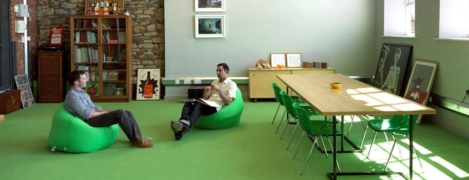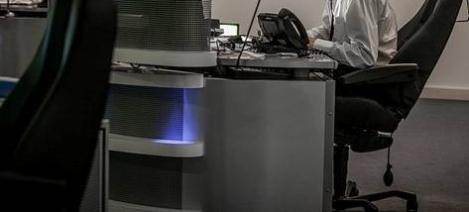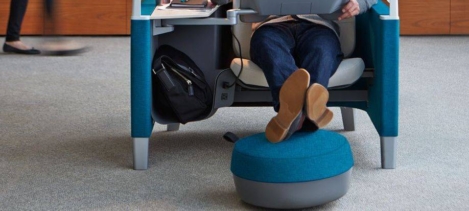July 1, 2015
Takeup of flexible working remains sluggish in UK SMEs claims Microsoft study
 It’s now one year since the UK Government extended the right to request flexible working to nearly all UK permanent employees. Two new surveys have been published to coincide with the anniversary and gauge the effects of the legislation. Both surveys, from EY and Microsoft UK, paint somewhat mixed pictures, with uptake considerably slower than might have been expected. The study by Microsoft, one of the UK’s great champions of flexible working, found that just 22 percent of workers in SMEs have requested flexible working as a direct result of the new legislation. The report also found that over half (55 percent) of British office workers are still required to work from the office during set working hours. A similar proportion (44 percent) claim it is not possible for them to work remotely under any circumstances.
It’s now one year since the UK Government extended the right to request flexible working to nearly all UK permanent employees. Two new surveys have been published to coincide with the anniversary and gauge the effects of the legislation. Both surveys, from EY and Microsoft UK, paint somewhat mixed pictures, with uptake considerably slower than might have been expected. The study by Microsoft, one of the UK’s great champions of flexible working, found that just 22 percent of workers in SMEs have requested flexible working as a direct result of the new legislation. The report also found that over half (55 percent) of British office workers are still required to work from the office during set working hours. A similar proportion (44 percent) claim it is not possible for them to work remotely under any circumstances.




































June 30, 2015
Is the environment now a non-issue for building occupiers and managers?
by Mark Eltringham • Comment, Environment, Facilities management, Workplace design
(more…)